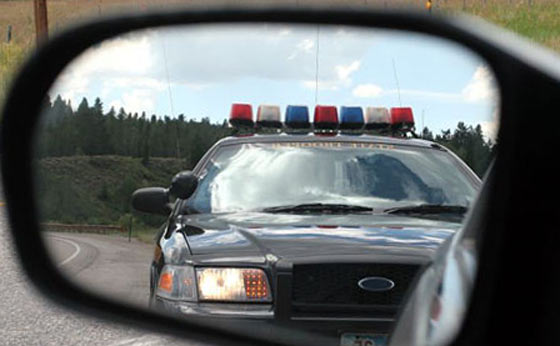
Results from the oral fluid drug screening device pilot project suggest the devices can be successfully used in Canada to identify drivers who test positive for certain drugs, and can provide another tool for law enforcement to detect and deter drug-impaired driving.
While drivers can currently be tested for impairment by Drug Recognition Experts (DRE) and Standard Field Sobriety Testing (SFST), Public Safety Canada, in collaboration with the Royal Canadian Mounted Police (RCMP) and the Canadian Council of Motor Transport Administrators (CCMTA), led the pilot project to test the use of oral fluid drug screening devices as an additional tool for detecting drug-impaired drivers.
Police officers from seven jurisdictions across Canada collected over 1,140 samples between December 18, 2016 and March 6, 2017. Feedback from officers involved in the pilot project was largely positive. Officers reported that the devices were easy to use at the roadside with some standard operating procedures. They also said they were able to successfully use them in various weather, temperature and lighting conditions. The officers also noted their comfort and confidence increased the longer they used the devices, and they were able to adapt and trouble-shoot problems encountered at the roadside.
The pilot project is an excellent example of a successful federal partnership with provinces, territories and police forces across Canada. The report includes key recommendations such as developing a list of standards for device functionality, as well as standard operating procedures at the roadside, and development of core training for police forces.
Quotes
“I would like to thank all of the police and volunteers who participated in the pilot project. Drug impaired driving is a serious problem and giving law enforcement more tools to detect and deter drug-impaired driving will better protect our communities. I am pleased the pilot project demonstrates this technology works in our unique Canadian environment.”
-The Honourable Ralph Goodale, Minister of Public Safety and Emergency Preparedness
“The CACP supports the findings of this pilot project. Oral fluid drug screening devices are a necessary tool as part of an overall strategy to detect individuals who choose to drive under the influence of drugs.”
-Directeur Mario Harel, President, Canadian Association of Chiefs of Police
Quick Facts
- Two oral fluid drug screening devices, the Securetec DrugRead and Alere DDS-2 were selected for the pilot project.
- A total of 53 officers from police departments in Vancouver, Toronto, Halifax, Gatineau, the Ontario Provincial Police and RCMP in Yellowknife and North Battleford participated in the pilot.
- Approximately 15% of all volunteers who participated in the pilot project registered a positive drug reading.
- Oral fluid screening devices can detect the recent presence of several drugs, including THC from cannabis, cocaine, methamphetamines, opioids, benzodiazepines and amphetamines.
- According to Statistics Canada, almost 3,000 drug-impaired driving incidents were reported in 2015, representing 4% of all impaired driving incidents, double the proportion in 2009, when data on drug-impaired driving first became available.
- Under the proposed Bill C-46: An Act to amend the Criminal Code (offences relating to conveyances) and to make consequential amendments to other Acts, a law enforcement officer would be authorized, following a legal roadside stop, to demand that a driver provide an oral fluid sample if they reasonably suspect a driver has drugs in their body.


Leave a Reply